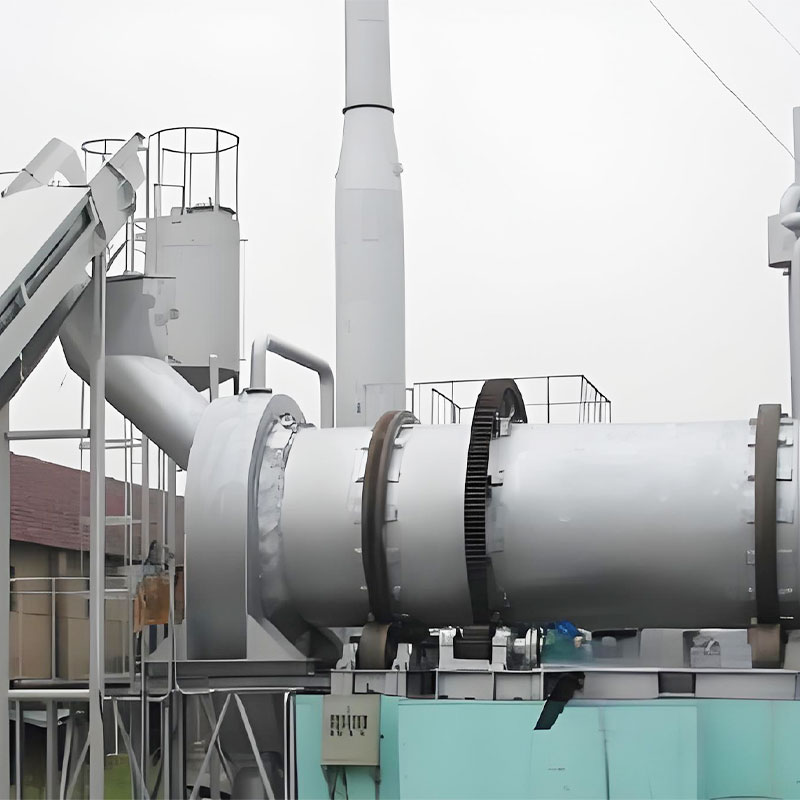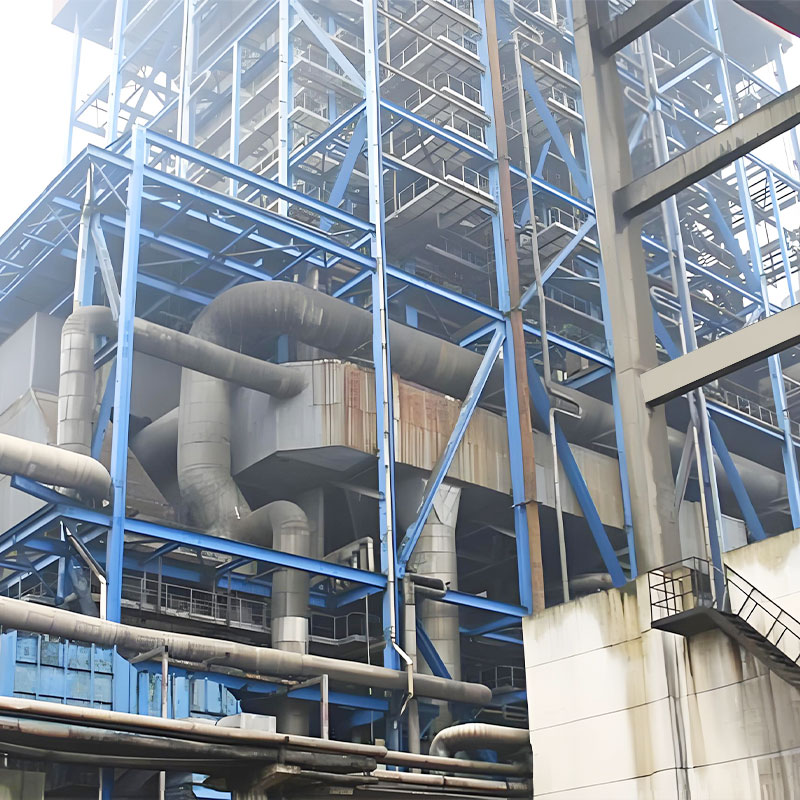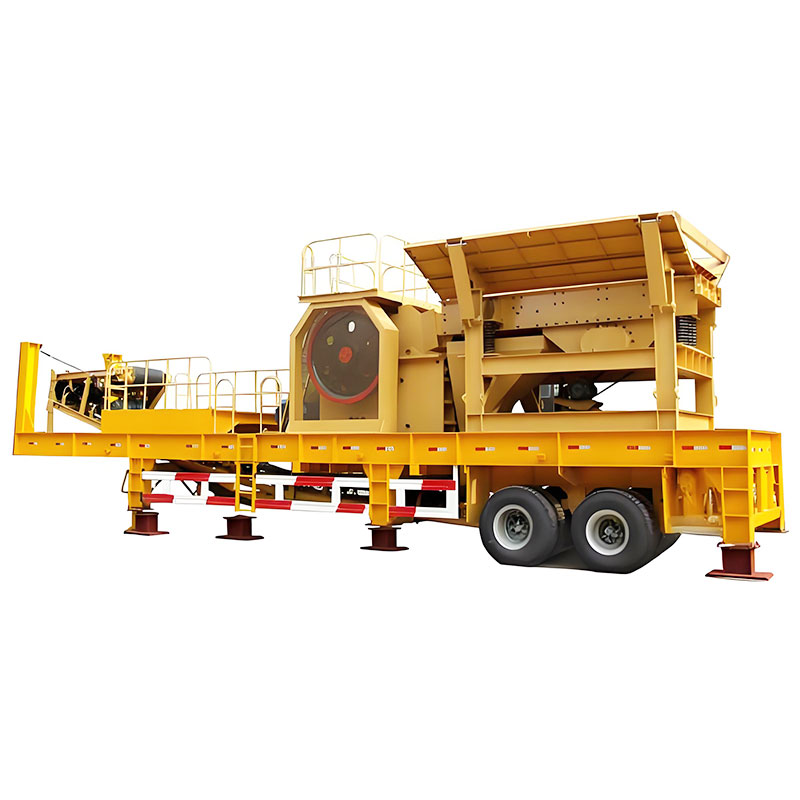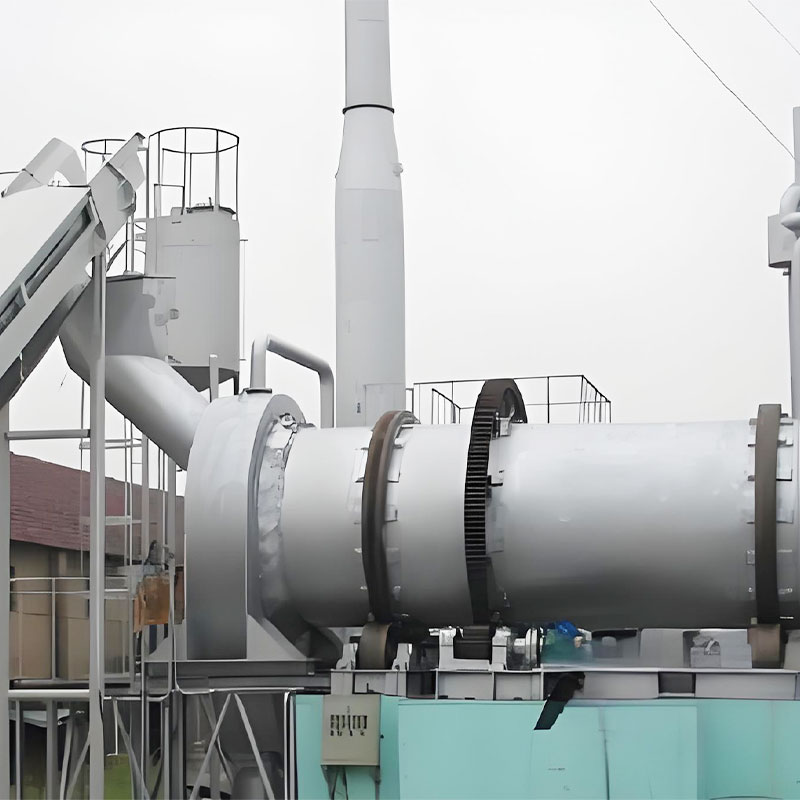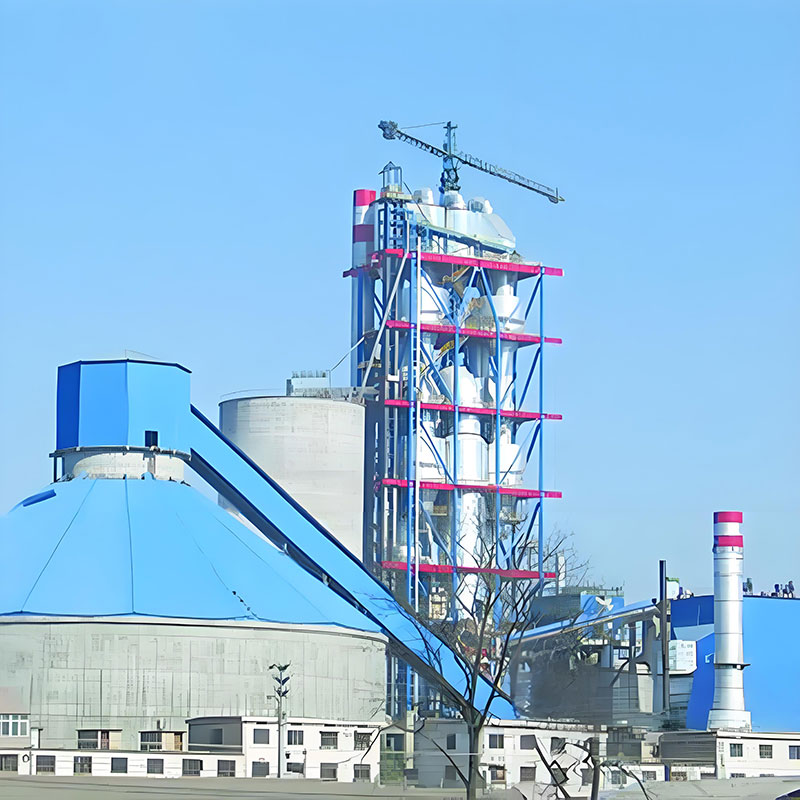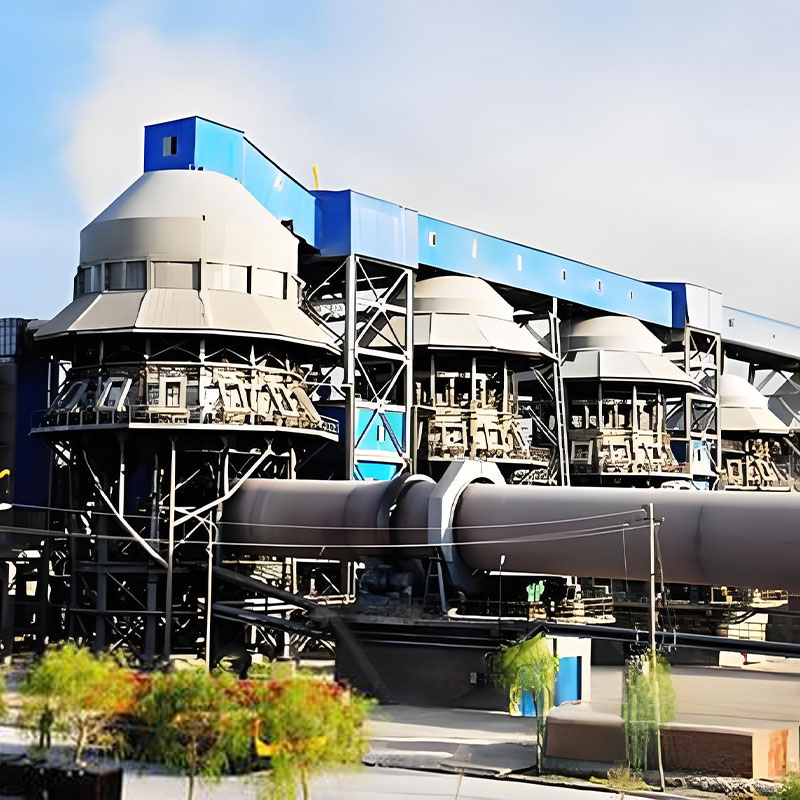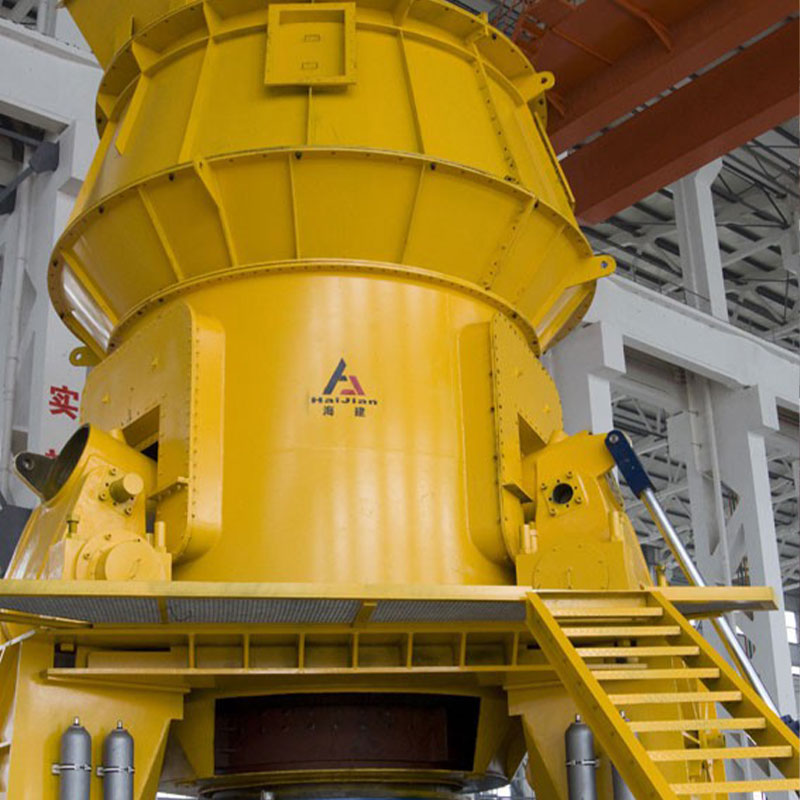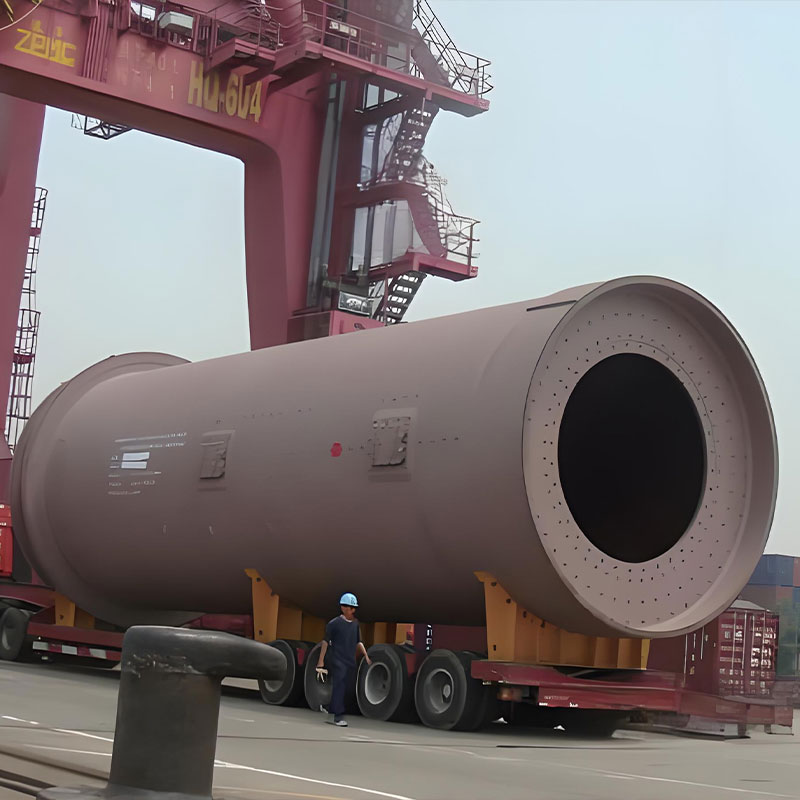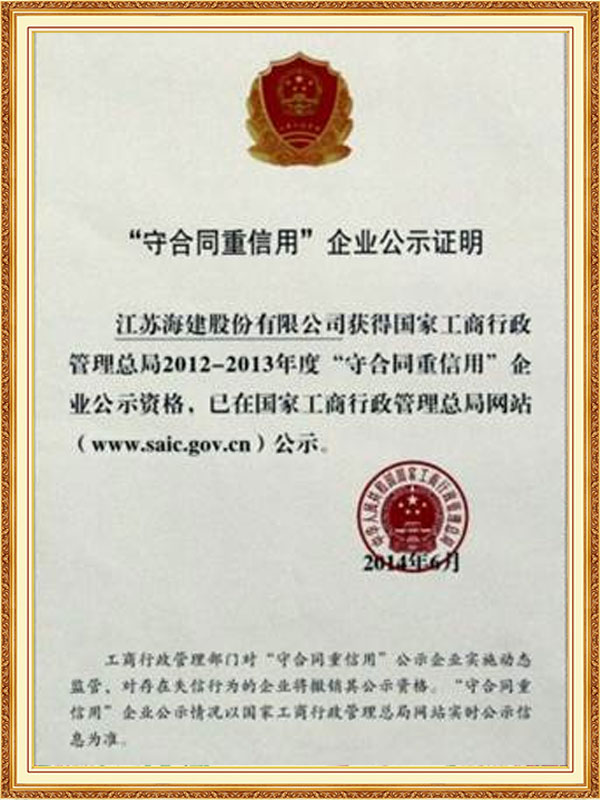Jiangsu Haijian Co., Ltd is a professional China Solid waste treatment Manufacturers and Solid waste treatment Company. We provide professional cement production equipment, industrial solid waste incineration equipment, and professional equipment for mining and metallurgical applications.We are a major manufacturing enterprise, a key backbone enterprise, and a primary export base for cement, power, environmental protection, and metallurgical and mining equipment in China. The company has the legal rights to independently manage the import and export of its products and is legally authorized to undertake general contracting for foreign projects.
-

Professionalism
-

Quality
-

One stop solution



News Center
News Updates
-
Admin 2026-01-30
Cement Production Line: Is It the Most Efficient Way to Build Modern Infrastructure?
A cement production line is the backbone of large-scale construction projects and urban development. By integrating automated processing, energy-efficient systems, and quality control technologies, modern cement production lines deliver consistent output and stable material performance for global in...Read More -
Admin 2026-01-22
What is a Cement Production Line and How Does It Work?
Cement production is the backbone of the construction industry, providing the essential material used in building everything from houses to highways. But how exactly is cement made, and what role does a cement production line play in this process? In this article, we’ll explore what a cement product...Read More -
Admin 2026-01-16
Is cement production line equipment maintenance difficult?
Many cement plant managers ask: Is cement production line equipment maintenance very complicated? Will it delay production? Actually, as long as a standardized maintenance process is established, daily maintenance is not difficult and can effectively reduce downtime and extend equipment lifespan. Re...Read More
Industry knowledge
Solid waste treatment is a critical environmental issue in modern industrial production. Jiangsu Haijian Co., Ltd. is a professional solid waste treatment manufacturer and company. We provide specialized cement production equipment, industrial solid waste incineration equipment, and specialized mining and metallurgical application equipment. Our solid waste treatment systems utilize advanced incineration technology, boasting wide applicability and excellent environmental performance, providing reliable technical support for industrial waste treatment.
This solid waste treatment system utilizes high-temperature incineration to ensure complete waste combustion. The incinerator temperature is maintained above 850°C, and the flue gas resides in the high-temperature zone for more than two seconds. Optimized airflow ensures complete waste combustion and decomposition. The system's secondary combustion chamber reaches temperatures of up to 1100°C, effectively destroying persistent organic pollutants such as dioxins. In terms of thermal efficiency, the system utilizes a waste heat recovery device to convert the heat generated by incineration into steam or hot water for utilization, achieving an overall thermal efficiency exceeding 75%. Advanced melting technology is used for residue treatment, resulting in a heat loss rate of less than 3%, reducing the amount of waste required for final disposal.
Continuous maintenance and management of the solid waste treatment system is crucial to ensuring long-term stable operation of the equipment and consistent compliance with emission standards. A scientific and standardized maintenance system requires coordinated advancement from multiple dimensions, including daily operation, professional maintenance, and intelligent management, to form a comprehensive equipment health protection network. It is particularly critical to establish an inspection mechanism during daily operation. Operators conduct basic inspections of the equipment's operating status every 2 hours, technicians conduct systematic inspections every day, and the engineering team conducts professional diagnosis every week, focusing on monitoring key parameters such as the status of the incinerator's refractory materials and the pressure difference of the flue gas purification system. This hierarchical inspection system, combined with a digital inspection system, can achieve real-time data upload and automatic alarms for abnormalities, thereby improving fault warning capabilities. Preventive maintenance plans require the formulation of annual, quarterly, and monthly maintenance calendars based on equipment characteristics, and the implementation of vibration analysis, infrared thermal imaging, and other condition monitoring technologies for core equipment such as incinerators and waste heat boilers. At the same time, a complete equipment health file is established, with detailed records of accumulated operating time and maintenance history, providing data support for subsequent maintenance decisions.


 English
English  русский
русский  Español
Español 